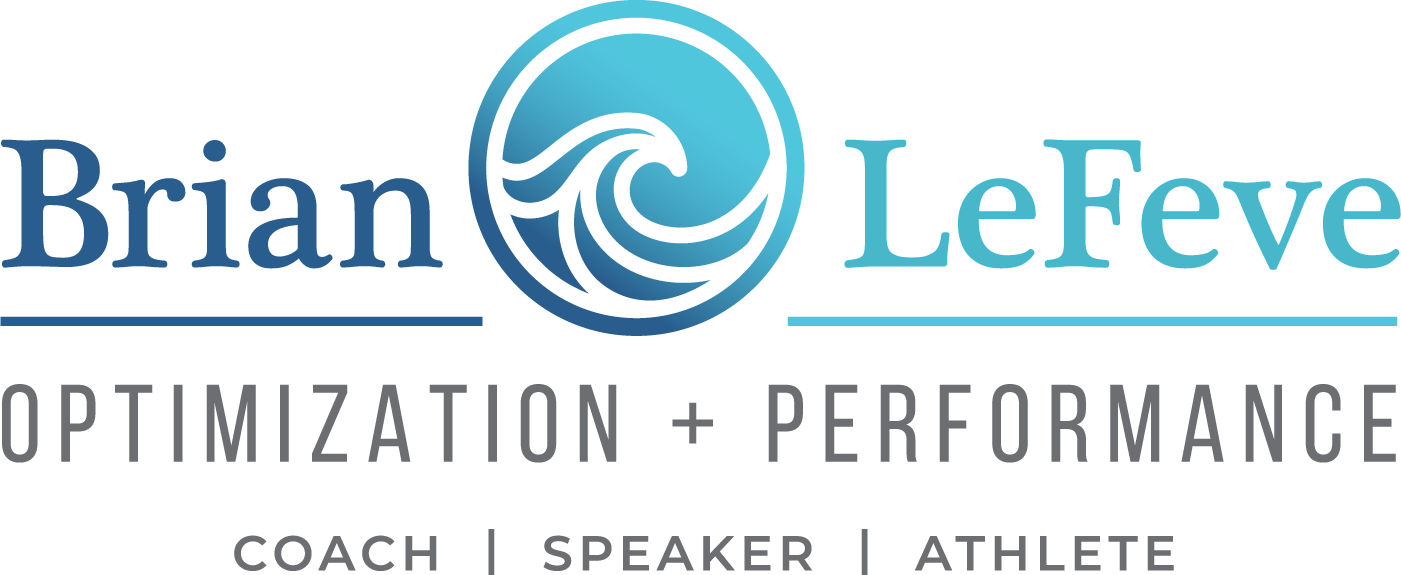Growth Mindset vs. Fixed Mindset: The Key to Unlocking Your Full Potential
In the journey of personal and athletic development, the concept of mindset is pivotal. Your mindset shapes how you view your abilities and potential, influencing your behavior, your approach to challenges, and ultimately, your success. Today, let's delve into the contrasting worlds of the growth mindset and the fixed mindset, and uncover how adopting the former can transform your life and performance.
What is a Fixed Mindset?
A fixed mindset stems from the belief that your qualities, such as intelligence, talents, and abilities, are static traits. Those with a fixed mindset often avoid challenges, fearing failure as they see it as a reflection of their inherent capabilities. They may say things like, "I'm just not good at this," and might avoid effort, thinking it's fruitless if one lacks natural talent. Moreover, they feel threatened by the success of others, as it highlights their own limitations.
Embracing a Growth Mindset
In contrast, a growth mindset is rooted in the belief that your basic qualities are things you can cultivate through effort and dedication. If you have a growth mindset, you see challenges as opportunities to improve, understand that effort is the path to mastery, and learn from criticism. Successes of others are seen as sources of inspiration and learning. Statements like, "I can learn to do anything I want," or, "Mistakes help me learn," are common indicators of a growth mindset.
Why Does Mindset Matter?
The distinction between these two mindsets can significantly affect your approach to life's tasks:
Challenges: While a fixed mindset may lead you to give up when faced with obstacles, a growth mindset fuels perseverance, driving you to engage more deeply and persistently.
Effort: Those with a fixed mindset might see effort as pointless if they don't believe in their ability to improve. However, those with a growth mindset see effort as a necessary step towards growth and excellence.
Feedback: Feedback can be hard to take, especially if it's negative. With a fixed mindset, criticism is often taken personally and ignored. On the other hand, a growth mindset encourages you to learn from feedback and use it constructively.
Impact on Performance
In sports and in life, adopting a growth mindset can lead to greater achievement and increased resilience. By understanding that skills and intelligence can be developed, athletes with a growth mindset are more likely to take on tough challenges and persist despite setbacks. This mindset encourages a focus on learning and improving, rather than simply proving oneself.
How to Develop a Growth Mindset
Embrace Challenges: See challenges as opportunities rather than obstacles. Every challenge is a chance to grow.
Persist in the Face of Setbacks: Understand that setbacks are part of the learning process, not a reflection of your worth or ability.
Value Effort: Recognize that effort leads to mastery and improvement. It's not just about talent.
Learn from Criticism: Use feedback as a tool for learning, not a weapon against your self-esteem.
Be Inspired by Others: Look to the success of others as a source of inspiration and a guide for how to improve.
Conclusion
Whether you're an athlete striving to improve your game, a professional aiming to climb the ladder, or someone working through personal challenges, adopting a growth mindset can open the door to possibilities. By believing in your capacity to grow and embracing the principles of the growth mindset, you can enhance your performance, overcome obstacles, and achieve your full potential.
Remember, the mind is like a muscle; the more you exercise it, the stronger it becomes. Embrace the growth mindset and start turning your potential into reality.
4
